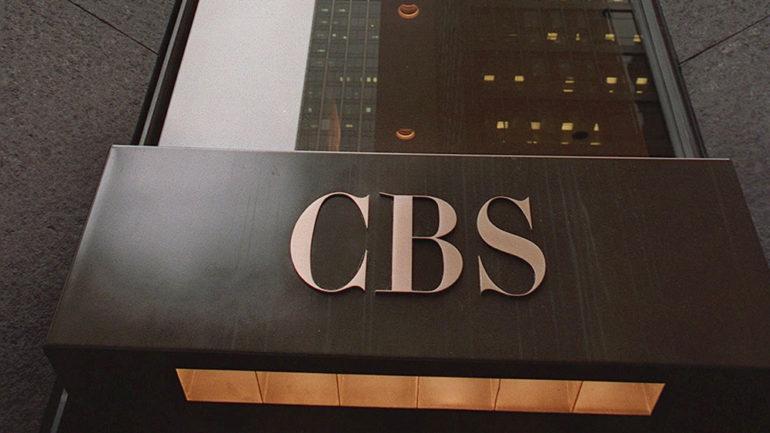ViacomCBS Will Explore Sale of Black Rock CBS Headquarters
By Brian Steinberg
LOS ANGELES (Variety.com) – ViacomCBS will explore the sale of the famous Black Rock building, which has served as the headquarters of since the mid 1960s.
Bob Bakish, CEO of the company, which was created last week from the merger of CBS Corp. and Viacom Inc., said the newly combined entertainment conglomerate would explore the sale of sundry real-estate holdings and potentially use those proceeds to buy back company stock. As part of that effort, Bakish said, would look to sell the Black Rock building, perched on Avenue of the Americas and West 52nd Street in New York.
Bakish, speaking to investors at a conference held by UBS, said the new company viewed some of its real-estate holdings as “non-core.”
The building, designed by Eero Saarien, an architect known for his futuristic style, opened in 1965, and Frank Stanton, the legendary CBS president, was intimately involved in its plans.
Bakish unveiled the plans as Wall Street has proven resistant to shares in the new company, seeking new signs of growth from a concern that includes CBS, Showtime, the Paramount movie studio and the Nickelodeon kids-cable empire. During his remarks, Bakish also articulated plans to boost ViacomCBS’ entry into the industry’s so-called “streaming wars,” by making content from the company’s cable networks available to the subscription-based “CBS All Access” and CBS broadcast assets available via the free streaming-video outlet Pluto. And he said the company would start to present new kinds of advertising packages to Madison Avenue.
Real estate has served some media companies well in recent times. Fox Corporation has sought to leverage its ownership of its 1.8 million square feet of building space that housed the fabled 20th Century Fox film studio. And CBS Corp. last year sold its venerable Television City production facility in a bid to raise funds it could subsequently invest in making more content for streaming-video audiences.
At the same time, real estate is often seen as something to leverage when other sources of income are not as stable. Newspaper companies, which have been under stress as advertisers move money from print advertising to digital promotion, have often found themselves consolidating or selling real-estate holdings as a means of generating cash for business operations.

